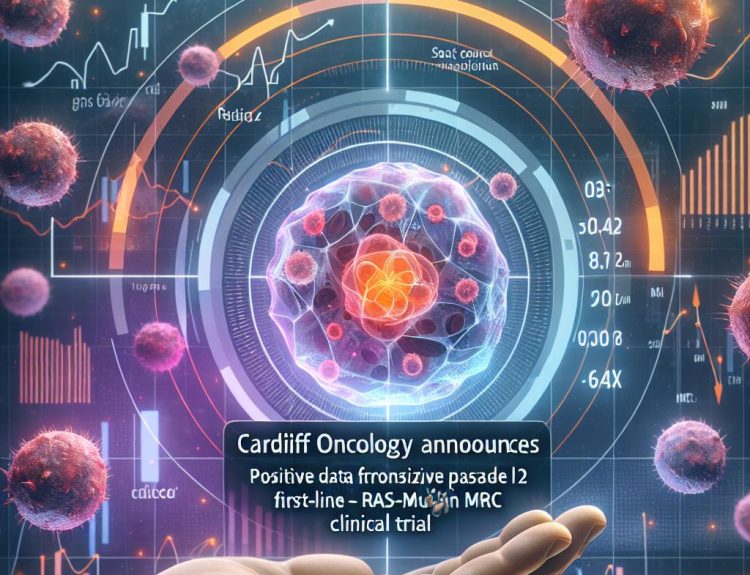Monte Rosa Therapeutics has initiated a Phase 1 trial for MRT-8102, a novel molecular glue degrader (MGD) targeting NEK7 for inflammatory conditions driven by the NLRP3 inflammasome. This move positions Monte Rosa at the forefront of a burgeoning field, aiming to address the complex interplay between inflammation and chronic diseases. The question now becomes whether this highly selective approach can translate preclinical promise into clinical efficacy and ultimately reshape the treatment landscape for a range of inflammatory disorders.
The strategic importance of this trial extends beyond the immediate target. MRT-8102 represents not only a potential new therapeutic agent but also a test of the broader MGD platform. The success or failure of this molecule will have ripple effects throughout the biotech industry, particularly for companies investing in targeted protein degradation. For Monte Rosa, a positive outcome could solidify its leadership position in the MGD space and attract further investment, while setbacks could raise questions about the translatability of this promising but still relatively nascent technology.
This trial’s design, encompassing both healthy volunteers and individuals with elevated cardiovascular disease (CVD) risk and high C-reactive protein (CRP), is particularly noteworthy. The inclusion of a CVD risk cohort suggests Monte Rosa is exploring the potential of MRT-8102 in the cardio-immunology space, a rapidly evolving area with significant unmet needs. This strategic decision reflects a growing recognition of the interconnectedness between inflammation and CVD. Positive results in this cohort could unlock significant market opportunities for MRT-8102 in indications such as pericarditis and atherosclerosis, potentially leapfrogging existing therapies.
The trial’s focus on NEK7 as a central driver of NLRP3 inflammasome activation also deserves attention. Existing anti-inflammatory therapies often suffer from limitations in efficacy and safety. By selectively targeting NEK7, Monte Rosa hopes to achieve greater precision and potentially avoid the off-target effects that plague broader immunosuppressants. This targeted approach aligns with a broader industry trend towards personalized medicine, where treatments are tailored to the specific underlying mechanisms of disease. If MRT-8102 can demonstrate superior efficacy and safety compared to existing options, it could disrupt the current treatment paradigm for a range of inflammatory conditions.
Looking ahead, the initial results from this Phase 1 trial, expected in the first half of 2026, will be highly anticipated by both investors and the broader medical community. These early data will offer crucial insights into the safety profile, pharmacokinetics, and pharmacodynamics of MRT-8102, including its ability to degrade NEK7 and modulate downstream inflammatory markers. The performance in the CVD risk cohort will be particularly crucial, as it will provide an early indication of the drug’s potential in this important therapeutic area. Ultimately, the success of this trial will depend on demonstrating a clear clinical benefit that justifies further investment and development. The trial marks a significant step forward in the exploration of MGDs for inflammatory diseases, and its outcome holds substantial implications for the future of drug development in this field.
Jon Napitupulu is Director of Media Relations at The Clinical Trial Vanguard. Jon, a computer data scientist, focuses on the latest clinical trial industry news and trends.







